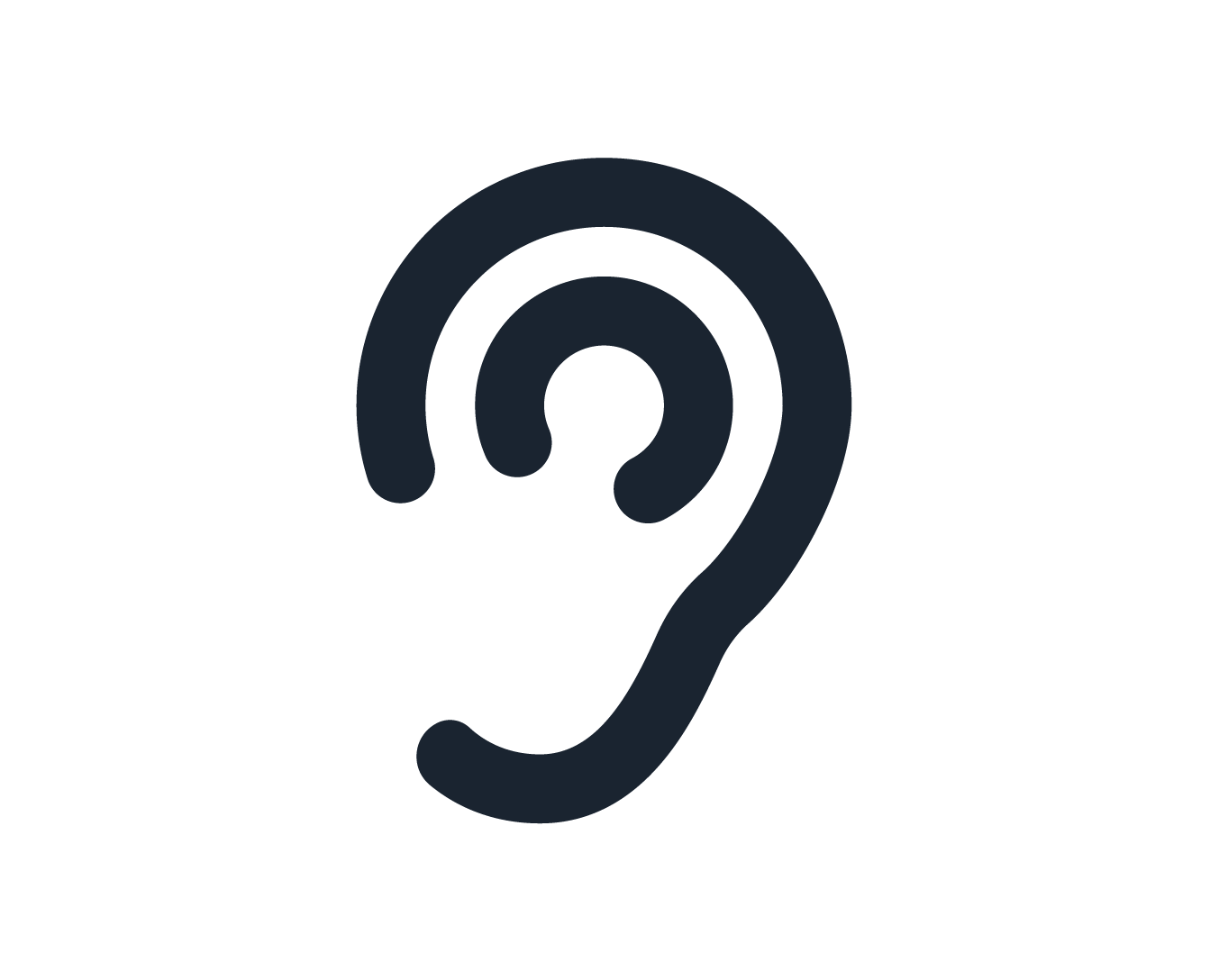
Earwax Consultation
If you are concerned about your hearing, book a consultation with the NHS trained audiologist at Wellear. We will listen to your concerns and offer advice or treatment where required.
Flexible same day appointments
NHS Trained staff
Same day appointments
We treat children of all ages
If no wax is found, we'll remove the service charge
When should you ask for advice about your hearing?

Tinnitus affects 1 in 10 adults
Many people with hearing loss also have tinnitus (ringing) along with dizziness and balance issues. These symptoms can me minimised with regular treatment, but first you should visit an audiologist at Wellear.
When to see an ear specialist
If you have a sudden loss of hearing, particularly in one ear, get an appointment right away. The audiologists at Wellear are NHS trained professionals who can test your hearing help identify any issues.
Talk to us if a loss of hearing is causing you trouble. Age-related hearing loss happens little by little. So you may not notice it at first.
Factors that damage or lead to loss of the hairs and nerve cells in the inner ear include:
Aging. The inner ear breaks down over time.
Loud noise. Being around loud sounds can damage the cells of the inner ear. Damage can happen by being around loud noises over time. Or the damage can come from a short blast of noise, such as from a gunshot.
Heredity. Your genes may make you more likely to have ear damage from sound or from aging.
Noises on the job. Jobs where loud noise is constant, such as farming, construction or factory work, can lead to damage inside the ear.
Noises at play. Exposure to explosive noises, such as from firearms and jet engines, can cause immediate, permanent hearing loss. Other activities with dangerously high noise levels include snowmobiling, motorcycling, carpentry or listening to loud music.
Some medicines. These include the antibiotic gentamicin, sildenafil (Viagra) and certain medicines used to treat cancer, which can damage the inner ear. Very high doses of aspirin, other pain relievers, antimalarial drugs or loop diuretics can cause short-term effects on hearing. These include ringing in the ears, also known as tinnitus, or hearing loss.
Some illnesses. Illnesses such as meningitis that cause high fever can harm the cochlea.
8 million people aged 60 and over suffer from hearing loss
Hearing loss is invisible, it so often goes unnoticed, making it easier for those living with hearing loss to be ignored or forgotten. Here at Wellear, we'll help you be seen again.


Your consultation

1
Diagnosis
Our trained staff will ask some health related questions and take a brief medical history. They will then examine your ear canal and ear drum using an otoscope.

2
Discussion
At this consultation, you will discuss you health health concerns and possible causes. This appointment is designed to educate you and guide you to make the best decision regarding your hearing health. We do recommend that you bring a family member or friend to the appointment.

3
Aftercare & advice
The audiologist may suggest treatments and conduct treatments first-hand or recommend aids. You may require a hearing test and a follow up examination, the audiologist at Wellear will arrange this for you.
At your appointment

When you visit an expert at Wellear you're in good hands! NHS trained with years of experience, our staff will listen to your concerns, offer a diagnosis and suggest treatments based on your individual requirements.
As you prepare for your appointment, it's a good idea to write a list of questions.
Our audiologist may have questions for you as well, such as:
-
How long have you been having symptoms, such as earache or hearing loss?
-
Have you had any drainage from your ears?
-
Have you had earache, trouble hearing or drainage in the past?
-
Do your symptoms happen all the time or only sometimes?
We have flexible appointments available. Book now for clear hearing!
Patient Guide



